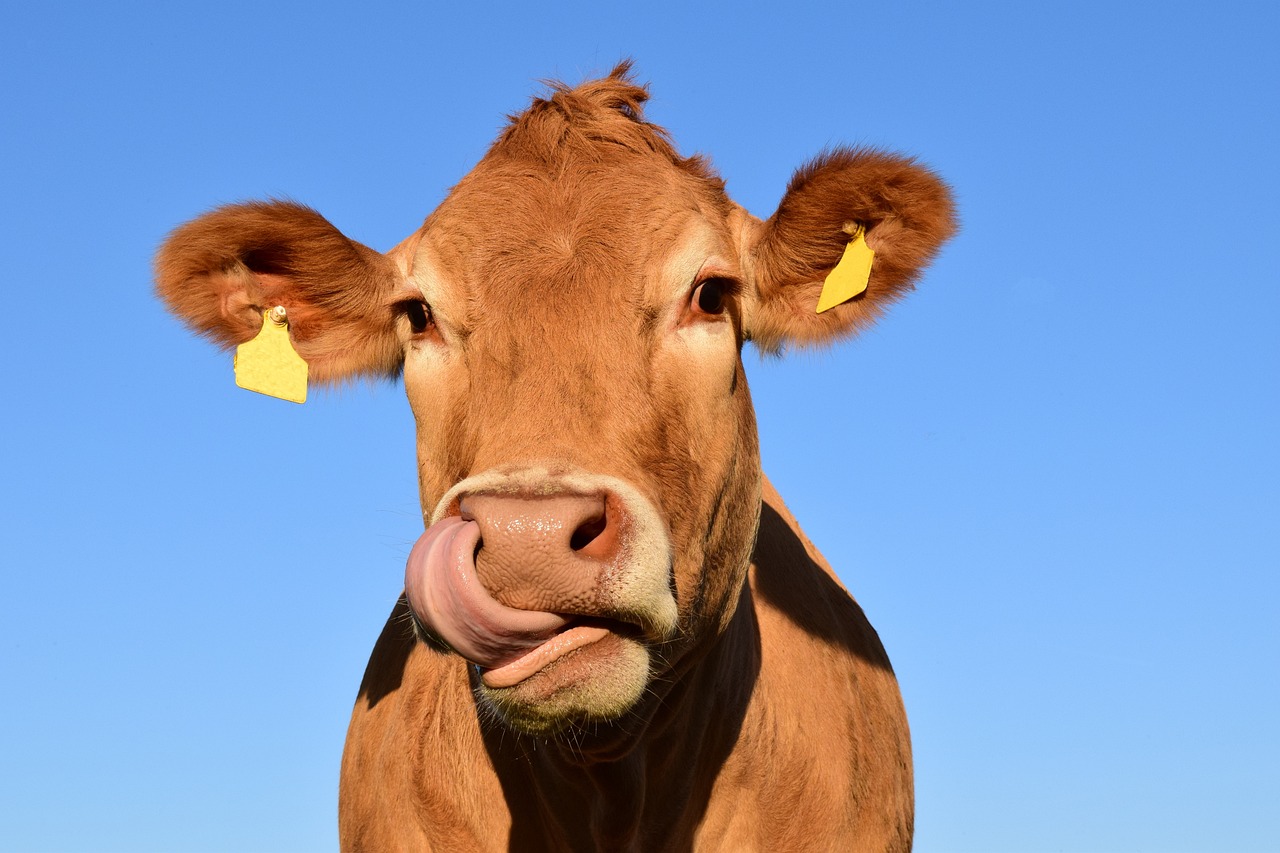Attachments
Note: Not all attachments are visible to the general public. Research URLs will go live after the embargo ends.
Journal/
conference: One Earth
conference: One Earth
Research:Paper
Organisation/s:
Deakin University, The University of Melbourne, The University of Sydney
Funder:
K.S. was supported by a National Health and Medical Research Council
(NHMRC) Postgraduate Award scholarship. NHMRC were not involved with Q14
study design, data collection, analysis and interpretation, writing of the manuscript,
or decision to submit for publication. K.S. received funding from the World Health Organization on the topic of red
and processed meat and its implications for human and planetary health.
C.P. is a Chief Investigator for the Australian Research Council Center of Excellence
for Automated Decision Making and Society and is a member of the Social
Sciences and Economic Advisory Group for Food Standards Australia
New Zealand (FSANZ). M.L. is a member of the FSANZ Board; the views expressed
in this paper do not necessarily represent the views, decisions, or policies
of the FSANZ Board. P.B. is supported by an Australian Research Council
Future Fellowship award funded by the Australian Government (FT220100690)
and a Horizon Fellowship funded by the University of Sydney.



 Australia; NSW; VIC
Australia; NSW; VIC



